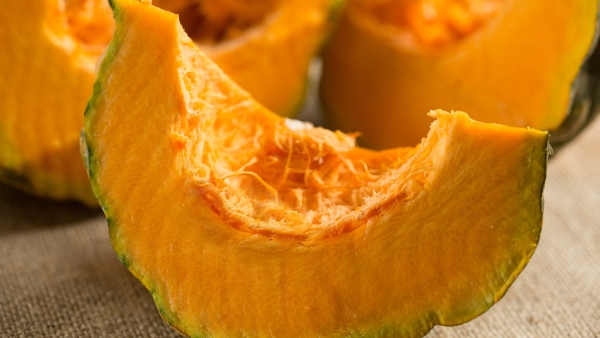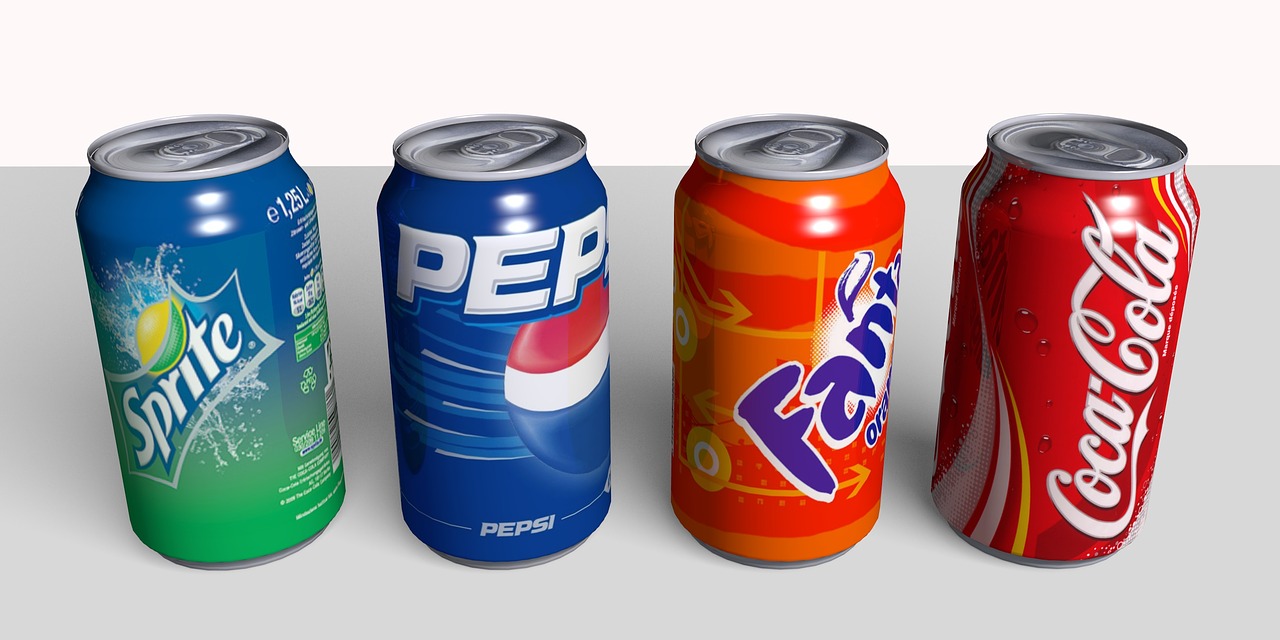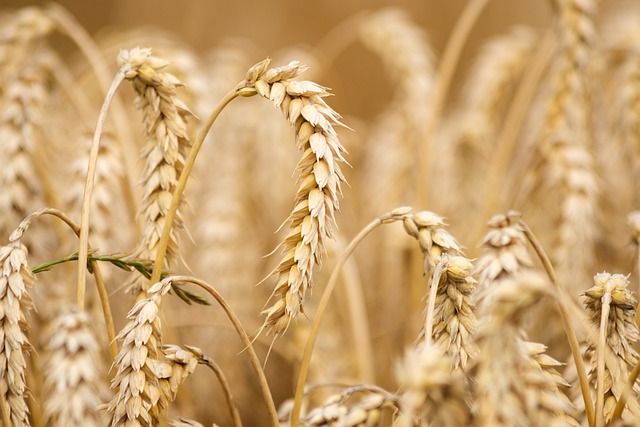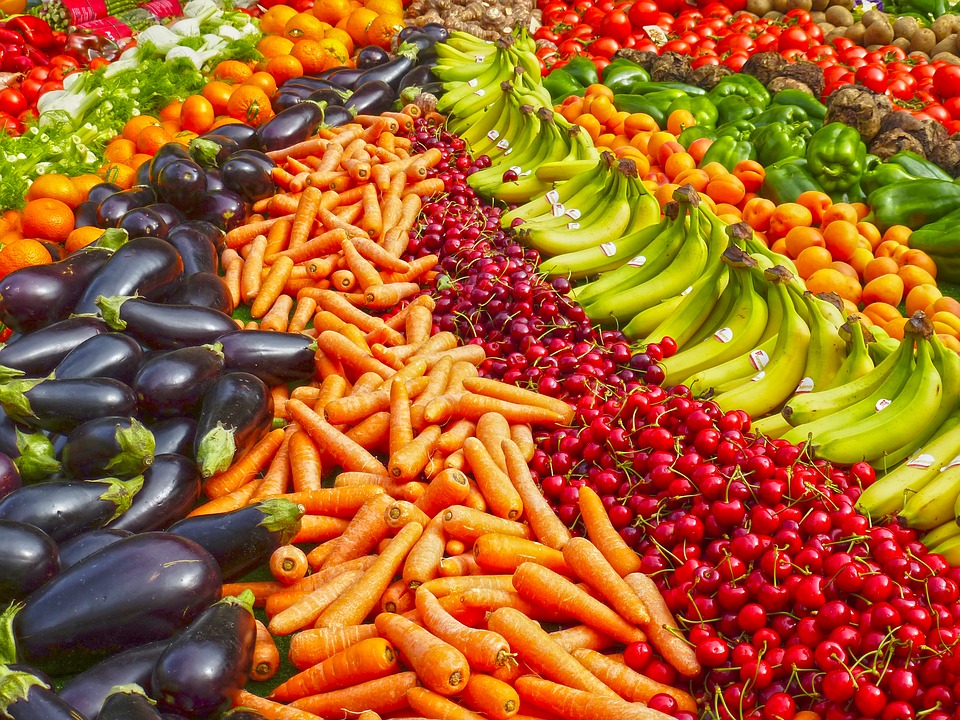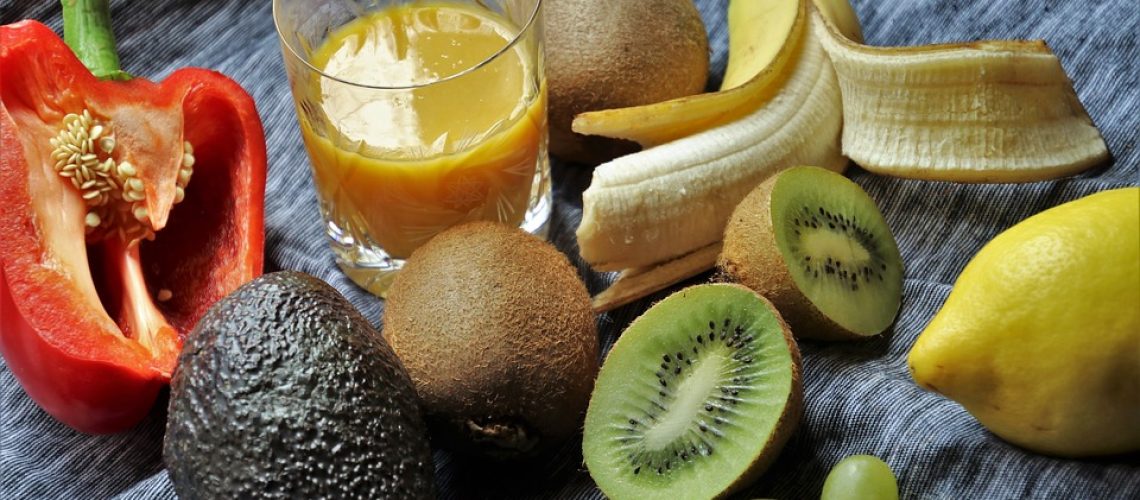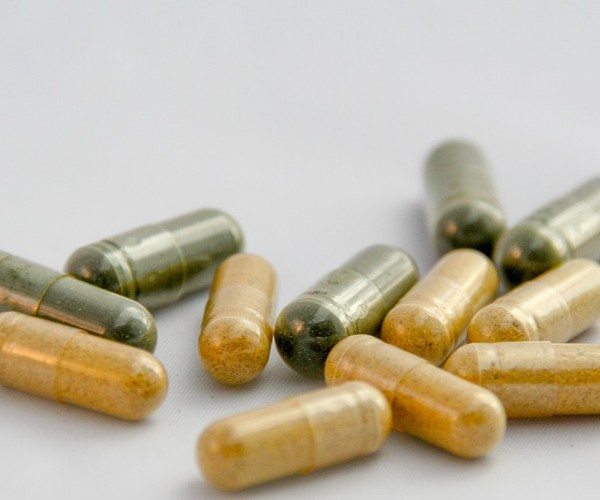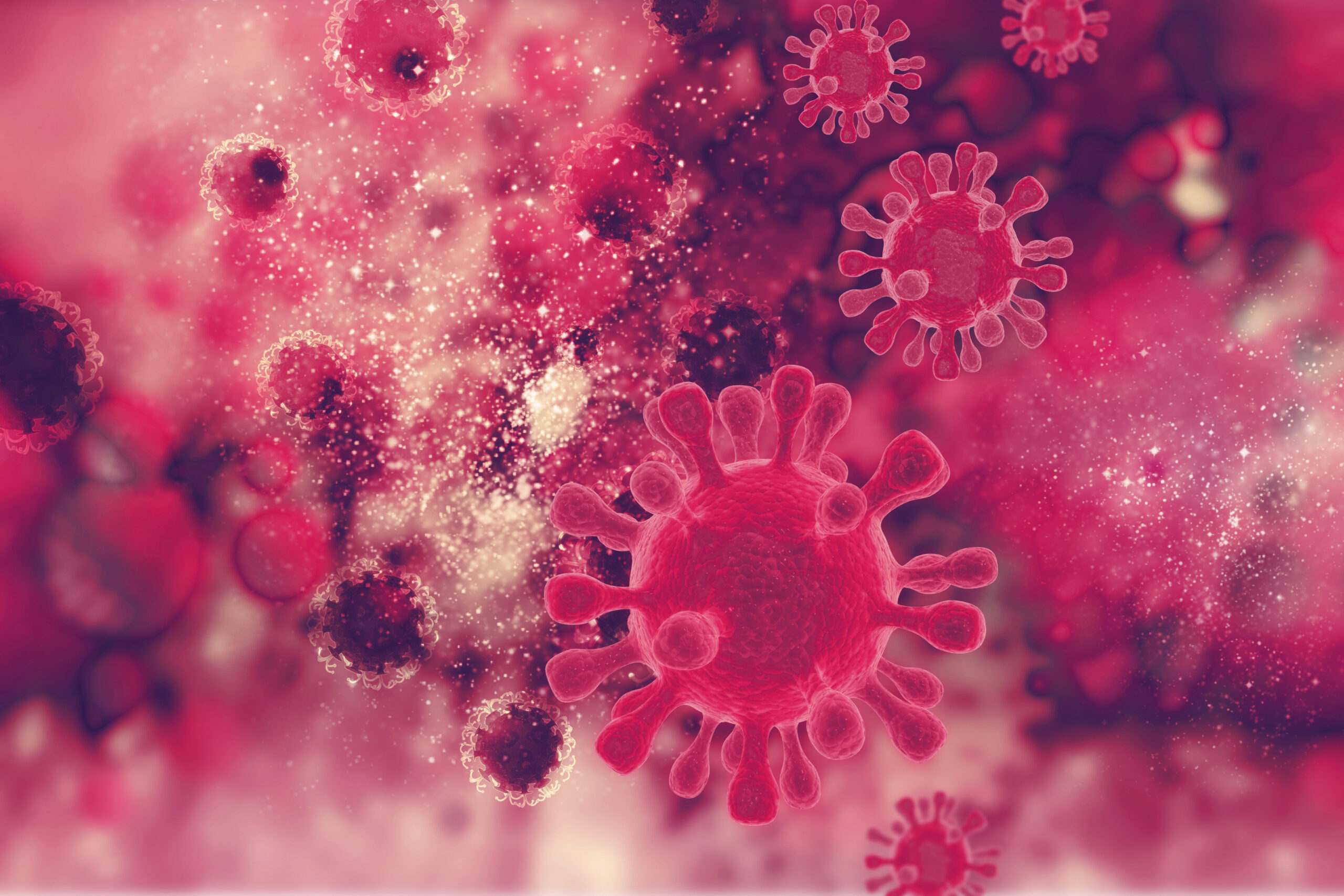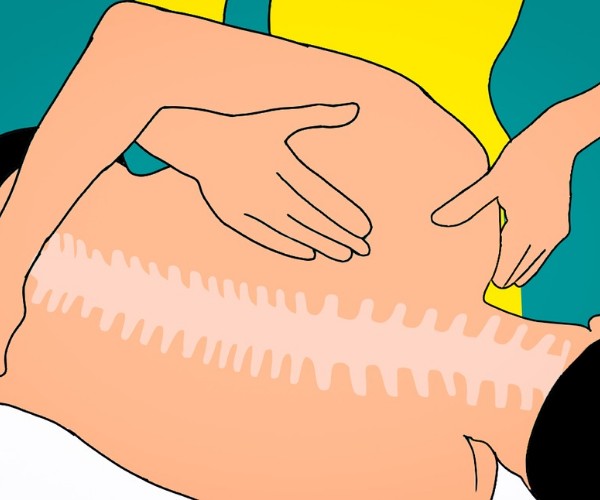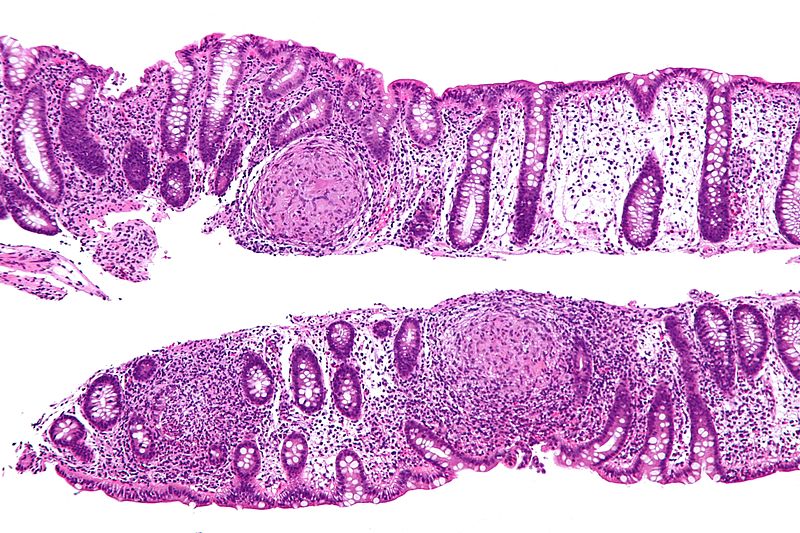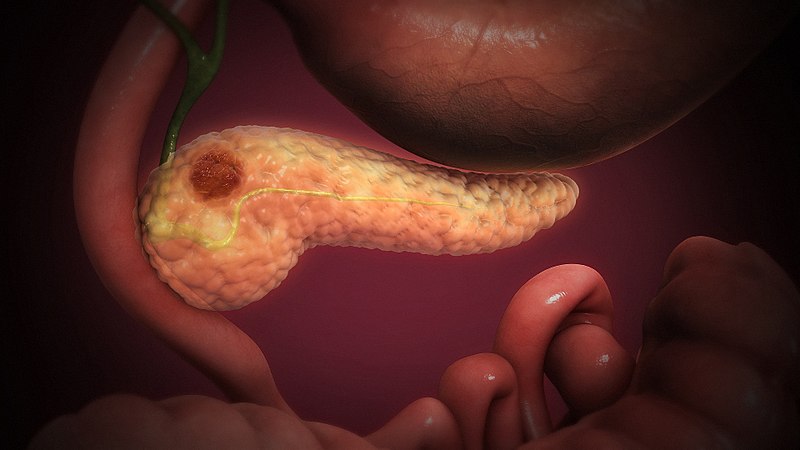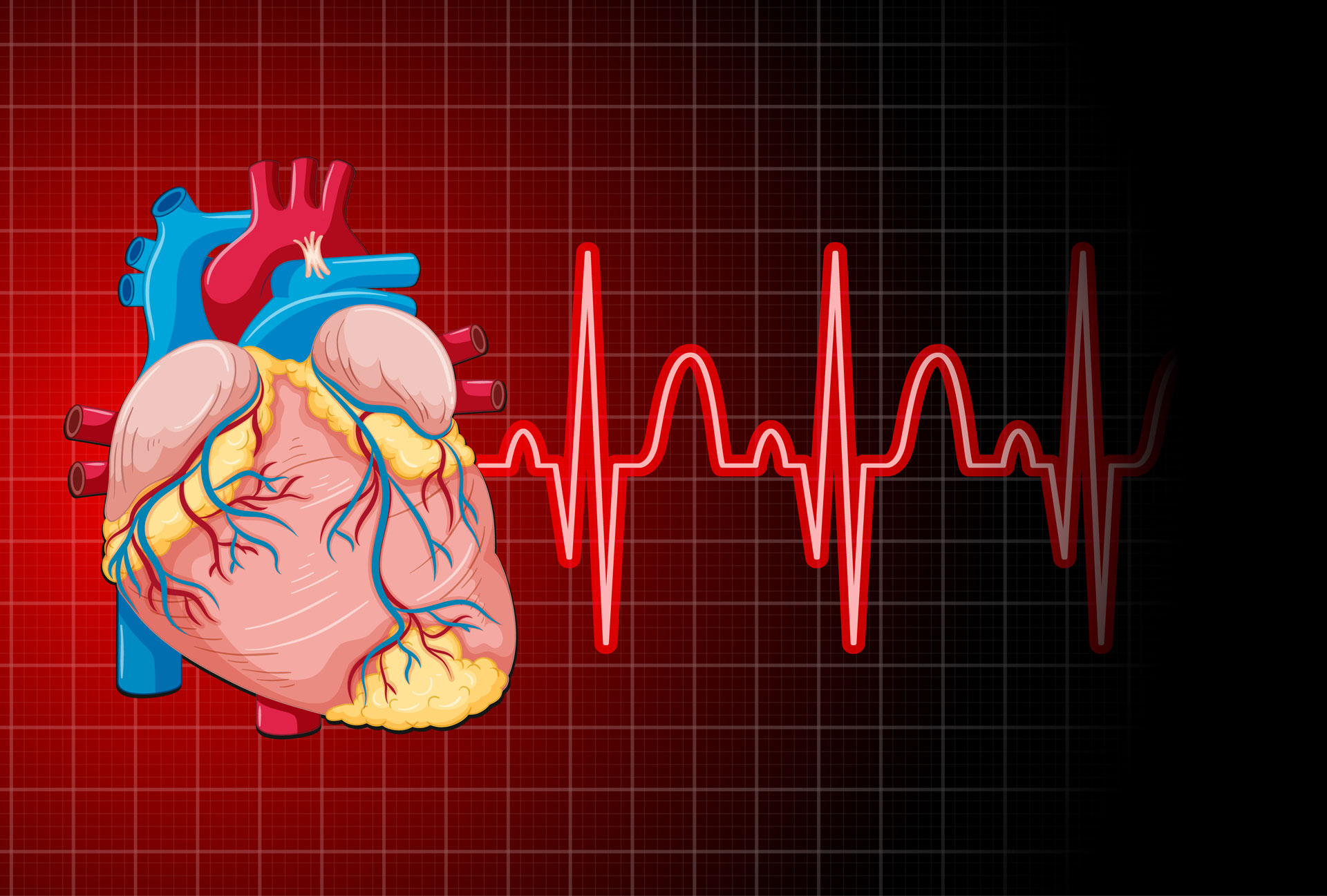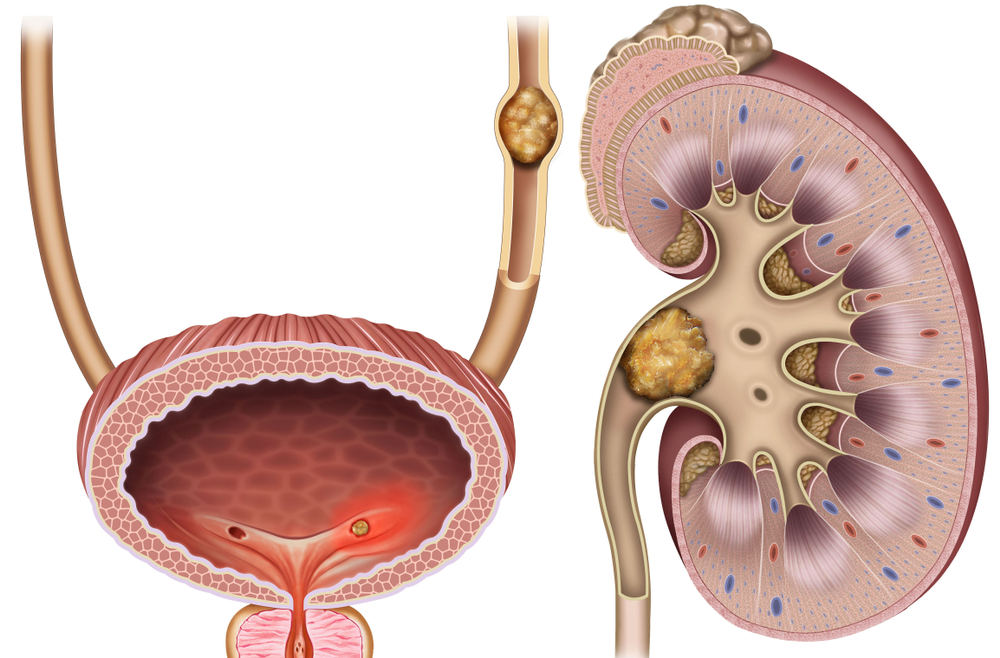Whatever type of diet you follow, the advice is to always avoid excess. This is because, too often, we are unable to give up fatty food, full of sugars, salt, additives and artificial flavorings, because of a chemical reason.
From birth we are in fact predisposed to sweet taste, food companies know this and therefore stuff any food with sugars and sweet additives. How can we avoid falling into the trap set by the food industries and resist, avoiding eating even if we are full? The first step could be to accustom the palate to different tastes, perhaps eating natural foods, free of fat, salt and sugar, avoiding eating out as much as possible and striving to prepare only what our bodies really need. Italy is a country with a steadily growing percentage of people (including, unfortunately, children) who are overweight, a problem that is turning into a real plague and a social emergency.
Eating too much is equivalent to taking more calories and energy than our bodies actually need; thus failing to dispose of them all, they accumulate, turning into fat deposits. And, therefore, how much energy does the body need? This depends on several factors, primarily age and gen der, then physical activity. We can say that, tendentially, a man consumes 2500 to 3500 calories a day, a woman 2000 to 2500. Those who are about to change their eating habits and, therefore, switch from an omnivorous to a vegan diet, may initially run into a few mistakes, such as overeating fatty foods such as oils, seeds, and nuts, consumed in large quantities because they are not used to eating enough fruits and vegetables. In this way it happens that one increases the lack of calories by “overeating” fatty foods. For example, having lunch with some salad, few vegetables and fruits will result in a strong feeling of appetite after a few hours, and people will resort to fatty foods such as dried fruit snacks to compensate for the overriding hunger.
Those who follow a traditional diet, on the other hand, will not need to consume as much food to reach the threshold of daily caloric needs, but this is solely because the foods they eat are full of calories. The real breakthrough is to intuit that we must eat better, choosing and selecting the natural foods that the earth makes available to us, trying to avoid those that are too caloric and preferring those that are low in calories but dense in nutrients. We eat because we need fuel, the energy needed to perform any action that moves our bodies, but even while we sleep we consume energy! What are the foods that help us produce our “gasoline”? Carbohydrates and fats are the main sources of energy for our bodies. And a crudist, not taking in carbohydrates, how can he have the strength to deal with all the tasks required of his body? Obviously through fruits, nuts, oils, seeds and avocados. Fruits are crucial in this regard, because excessive consumption of fatty foods, such as oils, seeds and nuts can be, can lead the body to problems such as fatigue, diabetes, hypoglycemia, overweight or obesity, and lack of concentration. How, then, to avoid these situations? Just limit the consumption of fatty foods to 20 percent of daily calorie intake and eat more fresh fruits. In fact, while vegetables are a rich source of vitamins and minerals, they contain a minimal amount of fat and carbohydrates, which is not enough to meet daily energy needs.
The key recipe for following a healthy raw diet is to limit, then, your intake of fats, even good fats. To give an example, in the daily diet to reach 2,000 calories one can eat either an avocado, two tablespoons of nut butter or a handful of walnuts. The important thing, then, is not to overdo it. A separate discussion, however, concerns fresh fruit, which should be the foundation of a healthy raw diet because, in addition to being easily digestible, it contains vitamins in profusion. However, let us not forget to consume the right amount of vegetables in our daily diet: one of the mistakes one can run into when starting a raw diet is precisely that of not paying proper attention to food combinations. Fruits, while providing energy, do not contain the amount of vitamins that our bodies need for optimal health, vitamins that are characteristic of raw vegetables. Watch out for fanaticism, too: a healthy, balanced diet is based on daily consumption of fruits and vegetables in the most natural way possible. To be avoided, therefore, are foods that are, yes, raw, but accompanied by gravies, salt, spices, and fatty oils, which could bring, in the short and long term, major health problems.
Source: Crudostyle



